
This book is the culmination of many years of research on what happened to the bodies of executed criminals in the past. Focusing on the eighteenth and nineteenth centuries, it looks at the consequences of the 1752 Murder Act. These criminal bodies had a crucial role in the history of medicine, and the history of crime, and great symbolic resonance...
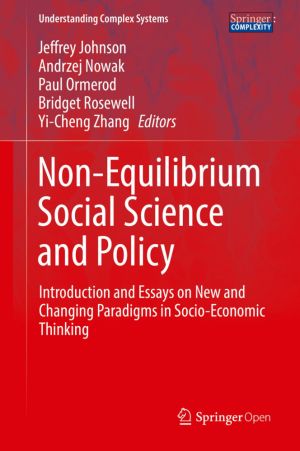
The overall aim of this book, an outcome of the European FP7 FET Open NESS project, is to contribute to the ongoing effort to put the quantitative social sciences on a proper footing for the 21st century. A key focus is economics, and its implications on policy making, where the still dominant traditional approach increasingly struggles to capture ...
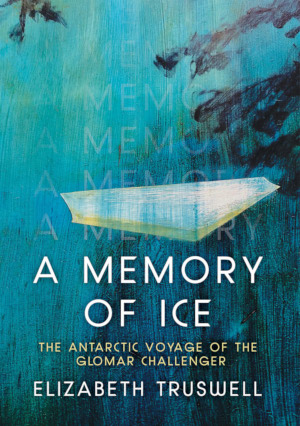
In the southern summer of 1972/73, the Glomar Challenger was the first vessel of the international Deep Sea Drilling Project to venture into the seas surrounding Antarctica, confronting severe weather and ever-present icebergs.
A Memory of Ice presents the science and the excitement of that voyage in a manner readable for non-scientists. Woven i...
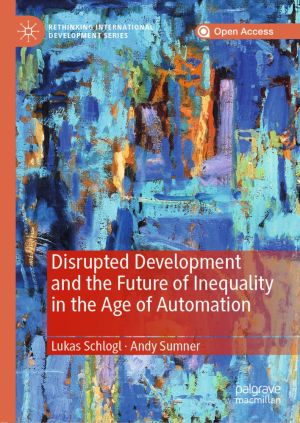
This book examines the future of inequality, work and wages in the age of automation with a focus on developing countries. The authors argue that the rise of a global 'robot reserve army' has profound effects on labor markets and economic development, but, rather than causing mass unemployment, new technologies are more likely to lead to ...

How does technology impact research practices in the humanities? How does digitisation shape scholarly identity? How do we negotiate trust in the digital realm? What is scholarship, what forms can it take, and how does it acquire authority?
This diverse set of essays demonstrate the importance of asking such questions, bringing together establis...

In these powerful and stylishly written essays, Maria Manuel Lisboa dissects the work of Paula Rego, the Portuguese-born artist considered one of the greatest artists of modern times. Focusing primarily on Rego's work since the 1980s, Lisboa explores the complex relationships between violence and nurturing, power and impotence, politics and th...

In this volume, international researchers of the field describe and discuss the systematic review method in its application to research in education. Alongside fundamental methodical considerations, reflections and practice examples are included and provide an introduction and overview on systematic reviews in education research.
Reflections on th...

Carried by a long-awaited wind, the chlorine cloud passed within a few minutes through the British and French trenches, leaving behind at least 1,000 dead and 4,000 injured. This chemical attack, which amounted to the first use of a weapon of mass destruction, marks a turning point in world history. The preparation as well as the execution of the g...

Conviviality has lately become a catchword not only in academia but also among political activists. This open access book discusses conviviality in relation to the adjoining concepts cosmopolitanism and creolisation. The urgency of today's global predicament is not only an argument for the revival of all three concepts, but also a reason to br...
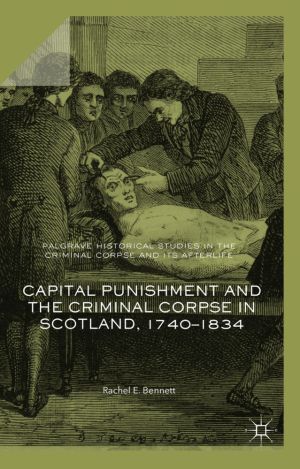
This free book provides the most in-depth study of capital punishment in Scotland between the mid-eighteenth and early nineteenth century to date. Based upon an extensive gathering and analysis of previously untapped resources, it takes the reader on a journey from the courtrooms of Scotland to the theatre of the gallows. It introduces them to seve...
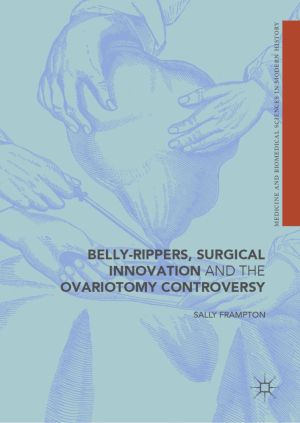
This book looks at the dramatic history of ovariotomy, an operation to remove ovarian tumours first practiced in the early nineteenth century. Bold and daring, surgeons who performed it claimed to be initiating a new era of surgery by opening the abdomen. Ovariotomy soon occupied a complex position within medicine and society, as an operation which...

"Dr Cassidy draws pertinent general conclusions about generating policy and mediating the role of the expert in today's science-sceptic and increasingly polarised society... It is both a useful and original contribution, specifically to the history of zoonotic disease policy, and policy history more generally."—Helen Bynum, Author ...
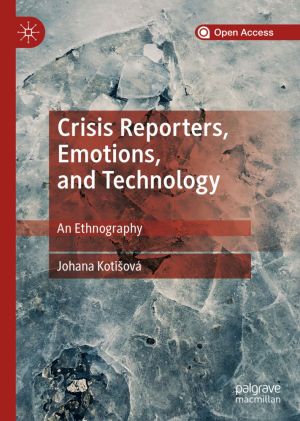
This book explores the emotional labour of crisis reporters in an original style that combines fictional and factual narrative. Exploring how journalists make sense of their emotional experience and development in relation to their professional ideology, it illustrates how media professionals learn to think and act within crisis situations. Drawing...

This book explores the question of who or what 'the public' is within 'public health' in post-war Britain. Drawing on historical research on the place of the public in public health in Britain from the establishment of the National Health Service in 1948, the book presents a new perspective on the relationship between state and ...

This book explores how children, parents, and survivors reshaped the politics of child protection in late twentieth-century England. Activism by these groups, often manifested in small voluntary organisations, drew upon and constructed an expertise grounded in experience and emotion that supported, challenged, and subverted medical, social work, l...

This open access edited volume offers an analysis of the entangled histories of education and development in twentieth-century Africa. It deals with the plurality of actors that competed and collaborated to formulate educational and developmental paradigms and projects: debating their utility and purpose, pondering their necessity and risk, and eva...
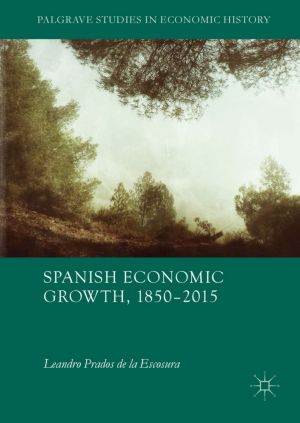
This text offers a comprehensive and nuanced view of the economic development of Spain since 1850. It provides a new set of historical GDP estimates for Spain from the demand and supply sides, and presents a reconstruction of production and expenditure series for the century prior to the introduction of modern national accounts. The author spl...

This book explores the under-researched history of male mental illness from the mid-twentieth century. It argues that statistics suggesting women have been more vulnerable to depression and anxiety are misleading since they underplay a host of alternative presentations of 'distress' more common in men....

The narrative of 20th-century medicine is the conquering of acute infectious diseases and the rise in chronic, degenerative diseases. The history of fungal infections does not fit this picture. This book charts the path of fungal infections from the mid 19th century to the dawn of the 21st century....
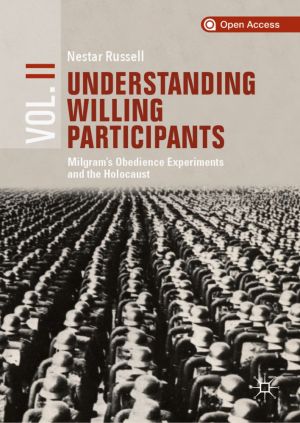
Horrified by the Holocaust, social psychologist Stanley Milgram wondered if he could recreate the Holocaust in the laboratory setting. Unabated for more than half a century, his (in)famous results have continued to intrigue scholars. Based on unpublished archival data from Milgram's personal collection, volume one of this two-volume set introd...
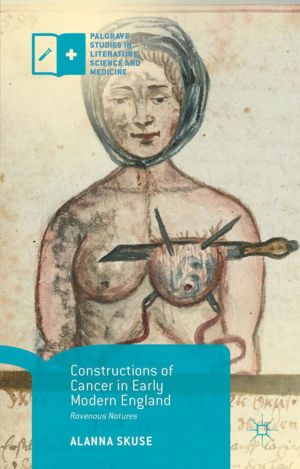
This book is open access under a CC-BY licence. Cancer is perhaps the modern world's most feared disease. Yet, we know relatively little about this malady's history before the nineteenth century. This book provides the first in-depth examination of perceptions of cancerous disease in early modern England. Looking to drama, poetry and pole...

This book analyses the different types of post-execution punishments and other aggravated execution practices, the reasons why they were advocated, and the decision, enshrined in the Murder Act of 1752, to make two post-execution punishments, dissection and gibbeting, an integral part of sentences for murder. It traces the origins of the Act, and t...
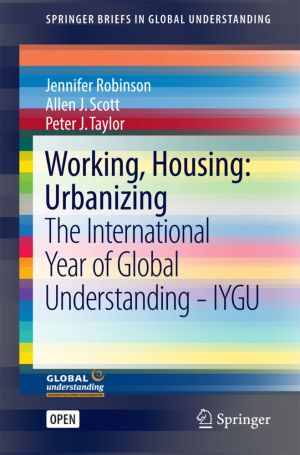
This book presents an incisive outline of the historical development and geography of cities. It focuses on three themes that constitute essential foundations for any understanding of urban form and function. These are: (a) the shifting patterns of urbanization through historical time, (b) the role of cities as centers of production and work in a ...

This open access book provides an exploration of the consequences of the ontological differences between natural and social objects (sometimes described as objects of nature and objects of thought) in the workings of causal and agency relationships. One of its important and possibly original conclusions is that causal and agency relationships do no...
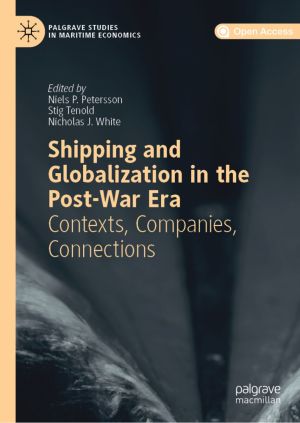
This free book belongs to the Maritime Business and Economic History strand of the Palgrave Studies in Maritime Economics book series.This volume highlights the contribution of the shipping industry to the transformations in business and society of the postwar era. Shipping was both an example and an engine of globalization and structural change. I...

Communication is increasingly moving beyond 'ways of seeing' to 'ways of feeling'. This Open Access book provides social design insights and implications for HCI research and design exploring digitally mediated touch communication. It offers a socially orientated map to help navigate the complex social landscape of digitally me...

This book presents five different approaches to reading breath in literature, in response to texts from a range of historical, geographical and cultural environments. Breath, for all its ubiquity in literary texts, has received little attention as a transhistorical literary device. Drawing together scholars of Medieval Romance, Early Modern Drama, ...
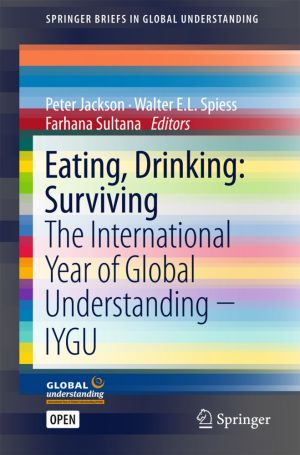
This publication addresses the global challenges of food and water security in a rapidly changing and complex world. The essays highlight the links between bio-physical and socio-cultural processes, making connections between local and global scales, and focusing on the everyday practices of eating and drinking, essential for human survival. Writte...

This open access book explores how contemporary integration policies and practices are not just about migrants and minority groups becoming part of society but often also reflect deliberate attempts to undermine their inclusion or participation. This affects individual lives as well as social cohesion. The book highlights the variety of ways in whi...
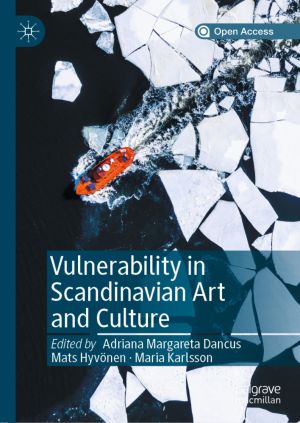
In this open access book, seventeen scholars discuss how contemporary Scandinavian art and media have become important arenas to articulate and stage various forms of vulnerability in the Scandinavian welfare states. How do discourses of privilege and vulnerability coexist and interact in Scandinavia? How do the Scandinavian countries respond to vu...
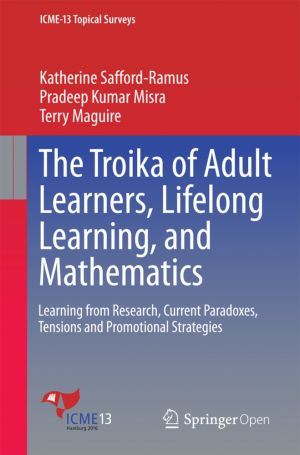
This book presents a synopsis of six emerging themes in adult mathematics/numeracy and a critical discussion of recent developments in terms of policies, provisions, and the emerging challenges, paradoxes and tensions. It also offers an extensive review of the literature adult mathematics education. Why do adults want to learn mathematics? Did they...

There could be no more opportune time than the start of the third millennium AD to produce an entirely new atlas of world history. Not only does this symbolic (if arbitrary) moment provoke a mood of public retrospection, but the pace of global change itself demands a greater awareness of "whole world" history.
More than 20 years have p...
